Diabetic Foot Care
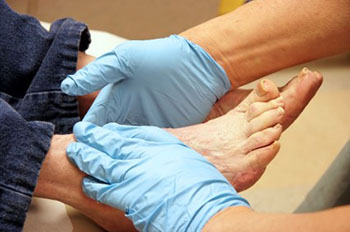 Diabetes affects millions of people every year. Blood vessels located all over the body are damaged due to diabetes—even the blood vessels of the feet. Neuropathy, or nerve damage, can result from slower blood flow in the legs and feet. In diabetic patients, neuropathy is very important to monitor, as diabetics are at risk for developing ulcers.
Diabetes affects millions of people every year. Blood vessels located all over the body are damaged due to diabetes—even the blood vessels of the feet. Neuropathy, or nerve damage, can result from slower blood flow in the legs and feet. In diabetic patients, neuropathy is very important to monitor, as diabetics are at risk for developing ulcers.
Always washing and thoroughly drying the feet are pertinent parts of diabetic foot care. There should be a focus on cleaning between the toes. Even if no pain is felt, the entire foot should be examined for redness and sores. Neuropathy can often mask the pain of sores and ulcers and can cause these conditions to be overlooked. Use a mirror to examine the underside of your feet if needed. It is recommended that diabetics wear well-fitting socks.
Patients with diabetes should have their doctor monitor their blood levels because blood sugar levels play a huge role in diabetic care. Monitoring these levels on a regular basis is highly advised. It is very important to keep your blood sugar levels in the normal range, which can be determined by your physician. There are medications that may be prescribed to help with any neuropathy experienced by the diabetic patient. It is also advisable to visit a podiatrist if one is experiencing any conditions involving the feet, such as ingrown toenails, which in more severe cases can cause infection.
Diabetic feet must be inspected on a daily basis. Diabetic foot care at home is possible if a patient is provided with instructions from their podiatrist. Patients can relieve dry heels with creams or ointments. Suspected wounds should warrant an immediate call to the podiatrist. Gangrene is a serious problem for diabetics and can lead to sepsis and amputation in its worst cases. Early treatment and daily inspection of diabetic feet are keys to staying healthy.
Diabetic Shoes
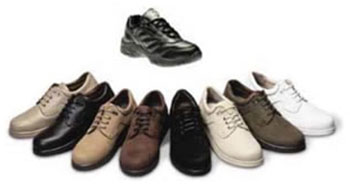 Unlike regular shoes, diabetic footwear can offer individuals with diabetes a specifically designed alternative that addresses their needs. Diabetic shoes are created to help patients deal with conditions that commonly affect those with diabetes. These conditions may include poor circulation, foot ulcers, and diabetic neuropathy.
Unlike regular shoes, diabetic footwear can offer individuals with diabetes a specifically designed alternative that addresses their needs. Diabetic shoes are created to help patients deal with conditions that commonly affect those with diabetes. These conditions may include poor circulation, foot ulcers, and diabetic neuropathy.
Common features of diabetic shoes normally include a protective interior, a deep toe box, and lightweight, cushioning soles. Having a protective interior can help to prevent excess friction and avoid irritation. A deep toe box can be beneficial for diabetic patients as it helps to decrease the amount of pressure put on the toes, as well as giving them room for movement. Cushioning soles are a great feature as well, as they offer you better flexibility and mobility than the average shoe.
If you are struggling with foot complications due to diabetes, please consult with a podiatrist to see if diabetic shoes are right for you!
Diabetic Shoe Program: You may qualify for one pair of depth diabetic shoes and three pair of custom diabetic insoles per calendar year-thru Medicare, and some private pay insurance plans. YES, we are in the diabetic shoe program and offer a variety of approved diabetic shoes. See some of our examples.
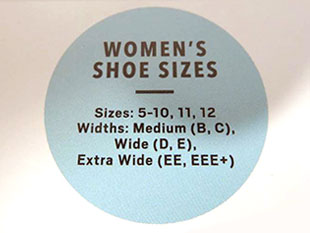
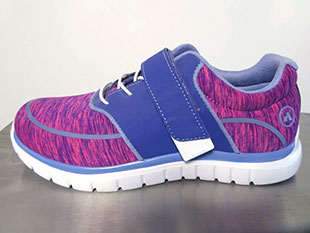
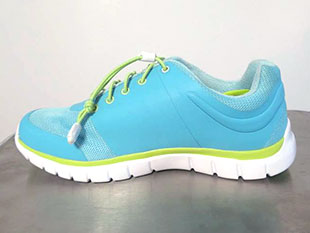
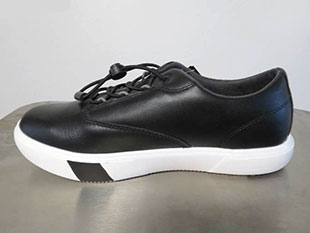
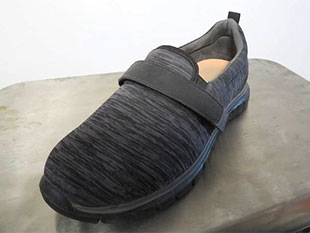
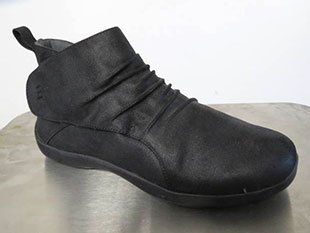
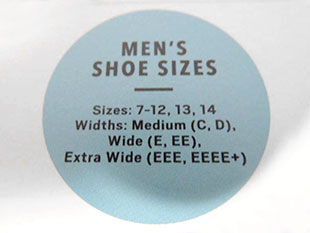
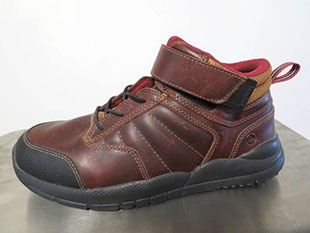
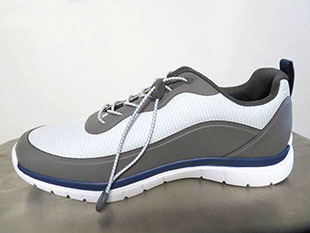
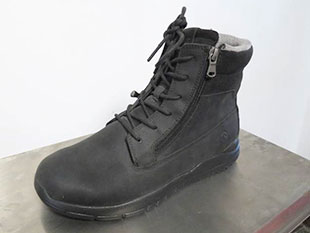
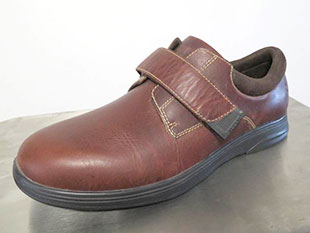
Do you feel that your arms are getting shorter and your legs are getting longer? This could be for a variety of reasons. We offer a solution. We do hazardous foot care such as trimming nails, debridement of mycotic nails and reduction of corns and calluses. Medicare guidelines state they will pay for these services every 60 days provided you are being treated for poor circulation or diabetes. If you have questions concerning this, please contact our office for an appointment.
Ingrown nails. Do you have a painful ingrown toenail? If so, we offer different solutions from a pain-free, noninvasive nail correction to a more invasive surgical correction. I am certified in the revolutionary pain-free noninvasive nail correction system called Onyfix.
If you are having pain in your heels, we offer a variety of corrections, from conservative treatments to moderately aggressive treatments, to surgical treatments. Schedule an appointment so that we may be able to work together to form the best treatment solution for your problem. Every patient deserves a treatment plan tailored to their specific issue.




